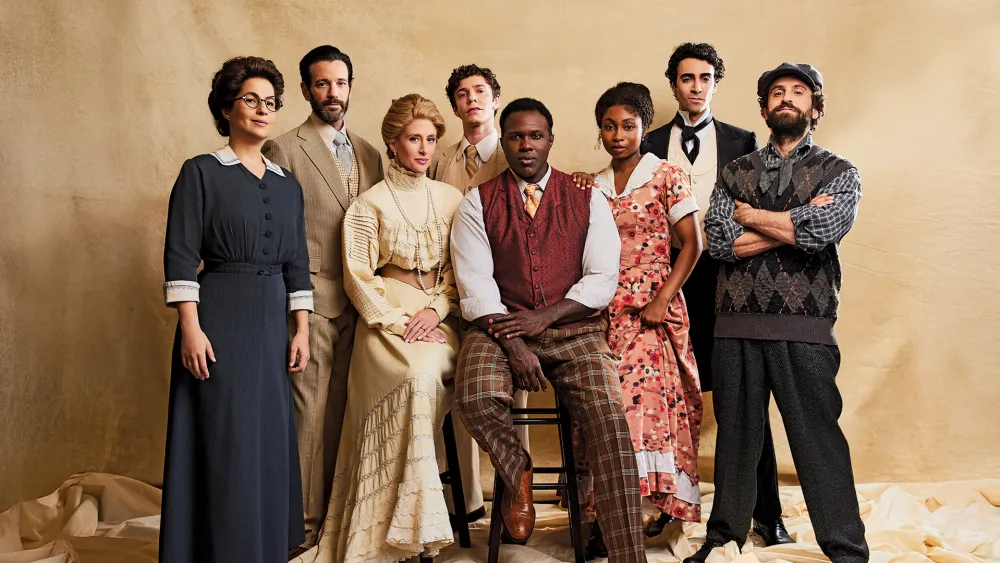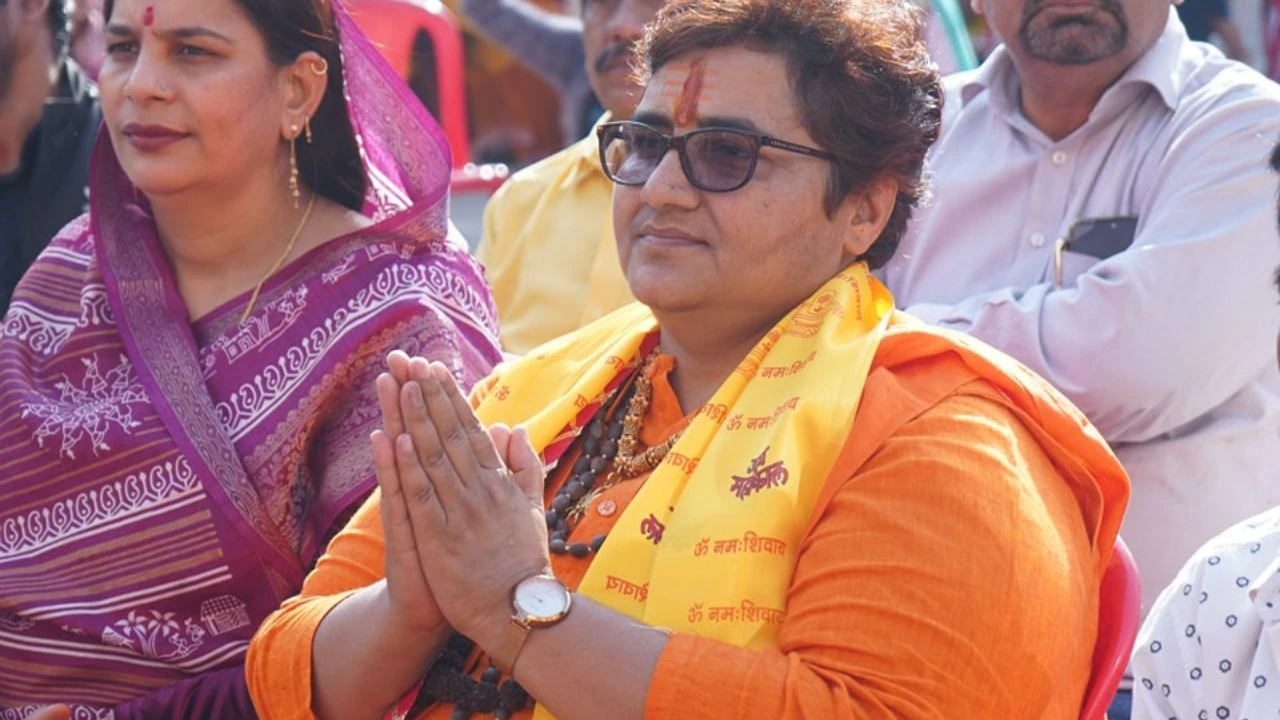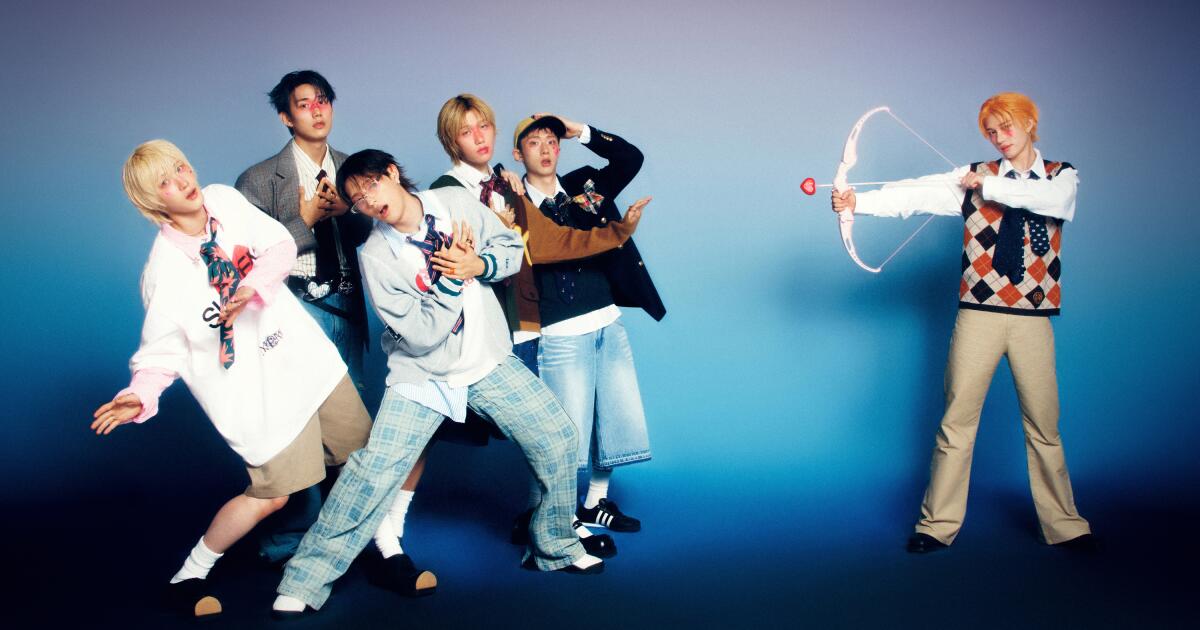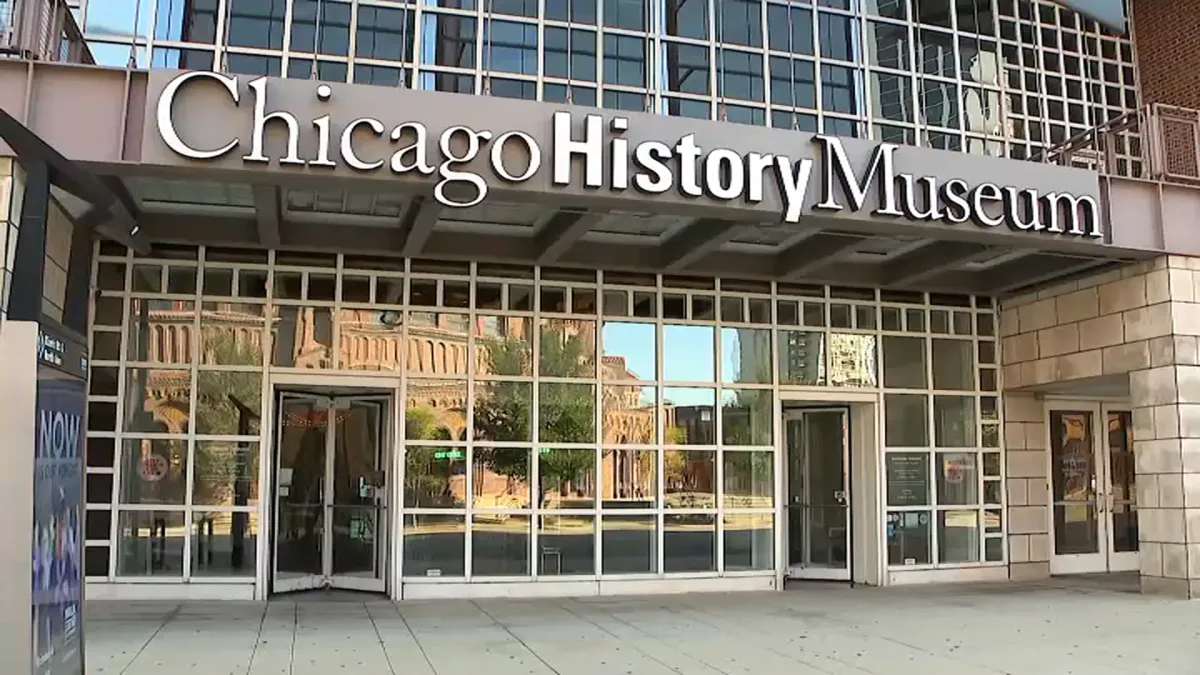
Nearly 30 years after its Broadway debut, Terrence McNally’s acclaimed “Ragtime,” a panoramic look at a tumultuous historical moment, is returning to the Great White Way for a new era.
When the musical adaptation of E.L. Doctorow’s 1975 novel was unveiled in 1996, it grappled with social issues that continue to plague Americans today. From upward mobility to racism and class stratification, the production highlights what it means to pursue progress in an ever-evolving nation.
With the United States once again at a turning point in its history, Tony Award-nominated director Lear deBessonet knew it was the perfect opportunity to bring the sweeping musical to Lincoln Center.
“You can watch a film at home that just rattles you to your core, but you’re by yourself,” she says. “That’s different than feeling those things and being with over a thousand other people that are also having feelings. There is something deeply restorative about it. And restorative is different than hopeful, but it is healing.”
DeBessonet’s revival opened last year at New York City Center to raves. Now she’s bringing her cast — anchored by Tony nominee Joshua Henry, Grammy nominee Caissie Levy and Tony winner Brandon Uranowitz — to a new stage with McNally’s book, Stephen Flaherty’s music and Lynn Ahrens’ lyrics.
“What’s beautiful about Lear and her team is they have from the outset made it very clear that this is a ‘Ragtime’ for now,” Levy says.
Set in the early 20th century, the play weaves together the stories of three distinct groups— Black Americans, Eastern European immigrants and white Americans — as they attempt to achieve the good lives that the country has promised them during a period of political and economic transformation.
“In a moment when there are so many questions about this country’s history, there’s also just a lot of really human personal moments in this show that I think people will resonate with in different ways,” deBessonet says. “It just feels like the perfect way to fulfill what theater’s here to do in the first place. And I do think ‘Ragtime’ is an American masterpiece.”
In the musical, Levy portrays Mother, the matriarch of a wealthy white family, who discovers her self-confidence and independence. “She’s so strong and open and vulnerable at the same time,” Levy says. “I think that her superpower is her ability to connect with people and see everyone’s humanity and allow herself to be changed by others. It’s definitely opened me up and reminded me of the places that I’ve maybe shut down that I do need to reexamine. The beautiful thing about Mother is that she doesn’t make it about herself. She follows her gut instincts and sometimes makes choices that are difficult or messy, but she allows the people around her to broaden her horizons.”
For Henry’s part, his role as Coalhouse Walker Jr., a Black musician living in Harlem, carries a lot of the play’s anguished moments. Coalhouse is a popular performer, but his ambitions are thwarted by the prejudice he faces. It’s a struggle that ultimately ends in tragedy. However, the actor credits deBessonet with creating a space for him to throw himself into the part completely. “I love roles that require a lot,” Henry says. “I like the idea of living at the edge of your comfort bubble, and Coalhouse forces me to lean into extreme joy, hope and resilience and then in the second act, sacrifice and what it means to be aware of your place in a community and what it means to be aware of your service beyond yourself. It’s a big plate to eat every night. And I’m hungry.”
Though the ensemble is vast, perhaps more than any other character, Uranowitz’s Tateh, a Jewish immigrant newly arrived in New York, represents an idyllic version of the American dream. “I think what makes doing this show so special now is that we as a culture are asking ourselves new and different questions than we were asking ourselves in the 1990s,” Uranowitz says.
“I hope that people see the promise of America in Tateh. They see that idealistic version of what can happen. But I hope that they ask with a sense of curiosity and with a sense of how we are going through growing pains as a society and a culture right now.”



